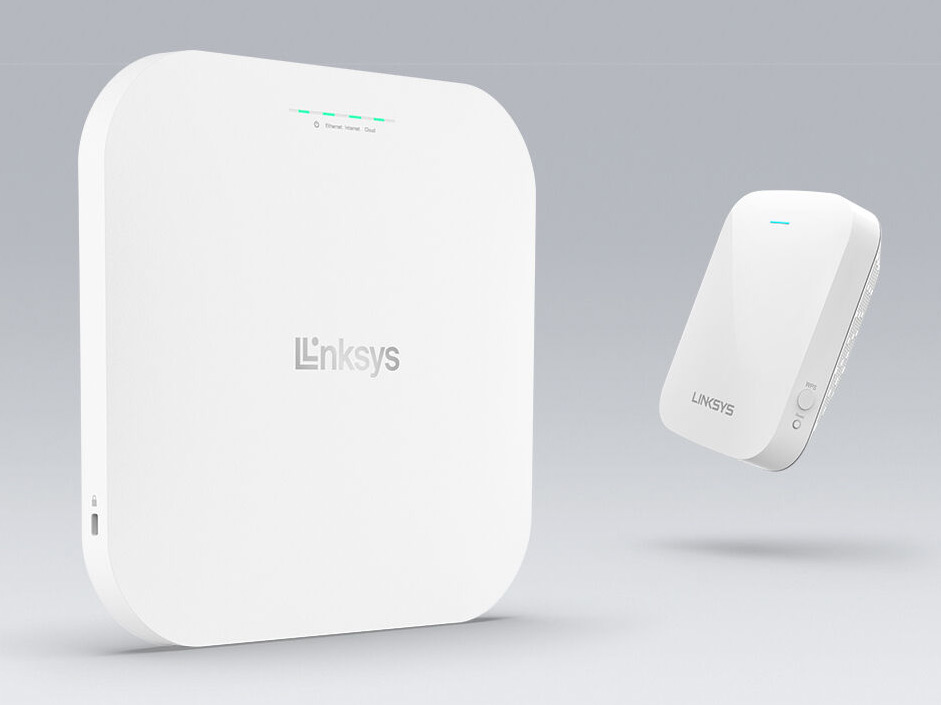What is Access Point in Networking?

Simply speaking, Access Points or Wireless Access Points are networking devices that are deployed as a portal to enable wireless capable devices to connect to LAN or other wired networks. WAPs are installed for extending the wireless coverage of the existing network and for enhancing the number of users. They are used to provide all-time available wireless connectivity to employees working at the workspace or WAPs are deployed to provide wireless internet in public places like coffee shops, airports, train stations, bus stops, etc. Ethernet cable is used to connect routers and Access Points which in return turns those wired signals into wireless ones. In other words, APs relay data between a wired network and wireless devices.
Table of Content
Why Are WAPs Used?
WAPs are used generally by medium- and large-sized enterprises to extend the coverage of networks. Multiple Access Points are placed at various strategic points throughout the building. For example, if you manage a workspace that has both wired-capable(desktops) and wireless-capable devices (laptops, tablets, etc.). Though you can connect desktops to the router through Ethernet cables, laptops and tablets should only be connected via wireless signals. WAPs come in handy in such a situation. You will place Access Points at strategic locations. These APs will, then, be connected to the router via an Ethernet cable, and at the end, you will have strong internet Wi-Fi signals throughout the building to connect wireless-capable devices. In this way, you will be able to connect all devices to a single network which is run by a single router.
Which is Better Range Extender/ Wi-Fi Router or the Access Point?
There are two alternatives available on the market for extending the network coverage: range extenders and Wi-Fi routers. But both suffer from drawbacks.
- Wi-Fi routers present a serious handicap of manageability. For instance, if a network administrator wants to change some changes in the network, he will have to log in to every Wi-Fi router which is a time-consuming and difficult task. And the situation becomes even more complicated when there are a lot of Wi-Fi routers in a building or workspace. Contrary to this, if one is using APs, all the management and changes can be carried out by configuring one router that the organization is using to provide the internet. This easier network management is the reason why many organizations are deploying WAPs nowadays.
- Wi-Fi routers offer some advantages as well. They can connect both wired and wireless devices because Wi-Fi routers have both antennae and built-in options to accept Ethernet cable connections. Unlike WAPs, Wi-Fi routers are also equipped with security features like firewalls which add to the overall functionality of these devices.
- Range Extenders are also available on the market. Range extenders play the same role as Access Points, but the range extenders can only serve a limited number of users: no more than 20 devices at a time. That makes them suitable for home offices or home Wi-Fi, but not for larger organizations. Access Point can provide connection to more than 60 devices simultaneously and users can roam freely from room to room without experiencing any kind of internet disruption.
Benefits of Using Wireless Access Points:
Broad transmission range, higher user access, and abilities for sending/receiving stronger signals make Access Points best for medium and larger enterprises. Some distinct benefits are listed below:
- Access Points offer a much broader range of transmission. They cover a much broader area than a wireless router or Wi-Fi router. Wireless routers can provide signals up to dozens of meters from the point of origin, unlike Access Points that can transmit stronger signals up to 100-300 meters which is sufficient enough to meet the requirements of enterprises.
- AP provides wide-ranging options for adjusting the network as per the requirements and environment. You can use the AP controller for centralized for choosing the right kind of networking modes like Simplex AP, Wireless Client, Wireless Bridge, Multi-point Bridge, and others.
- Business-grade WAPs offer the option of Multi-AP Interaction which helps clients or users to roam freely without any kind of interruption.
Major Takeaways:
The targeted users should be taken into consideration before choosing between Wireless Access Points or Wireless Routers/Wi-Fi routers. If you are looking for networking for home-based users or for students with basic needs of networking, don’t go for WAPs. WAPs are for business usage and cater to the needs of larger enterprises.
Get in Touch with Morgan Ingland LLC:
Morgan Ingland LLC has multi-year experience in serving its valued customers with cost-effective ICT products and cutting-edge end-to-end IT solutions. We have wide-ranging WAPs, Routers, Range Extenders, and other networking equipment. In addition, you may call us our Solution Architects and Product Designers for designing customized AP solutions as per your need, and budget. Feel free to contact us at 415-704-8713 or email us at info@miatlantic.us for further details.

















